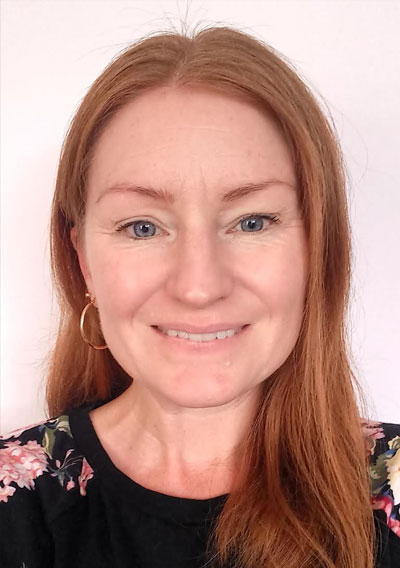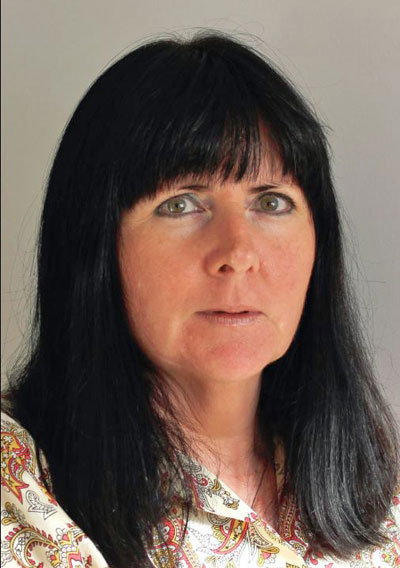Authors: Rachael Dixon, University of Canterbury, Christchurch, New Zealand and Jenny Robertson, University of Auckland, Auckland, New Zealand


We live in a world abundant with conflicts, change and uncertainty. The COVID-19 pandemic hit home for us all that the future is dynamic, unpredictable, complex, and volatile [i]. This is the world we are living in, which raises questions about the contribution that school subjects such as health education can make to preparing young people to navigate the(ir) world.
In Aotearoa New Zealand, we have a socio-critical approach to school-based health education [ii] [iii]. In practice, this is defined by two key features. First, learning is shaped by a conceptual framework that draws from knowledge related to holistic understandings of health, determinants of health, social justice, and health promotion. Second, a critical pedagogical approach is needed. Here, students are encouraged to think critically about health-related issues and take critical action to enhance their own and others’ wellbeing.
The Learning Compass 2030 [iv] uses a navigational metaphor to highlight the competencies students need to develop in schooling experiences in order to orient themselves towards thriving in the world. With an overarching goal of wellbeing, the compass in many ways connects to how health education is conceived in Aotearoa New Zealand. Connecting to aspects of the compass, below we illustrate connections between a socio-critical health education and the capabilities needed to navigate an uncertain world. We posit that learning in a socio-critical health education offers young people the ability to develop capability to: Understand the world, navigate the world, and change the world. Learners progress through these areas (each informing the next) as they become in the world.
Understand the world
A socio-critical health education includes opportunities for learning the skills for (and practising) wellbeing needs analysis, goal-setting, taking action, and reflecting upon the action. As part of this, a wide range of skills are developed and refined, such as literacy, research, communication, time and event management, advocacy, problem-solving and decision-making, discerning between conflicting information, and mediating between people with different views and ideas. The skills above connect to those articulated in the compass in terms of meeting complex demands in situations of uncertainty, being adaptive and reflective, and undertaking an iterative learning process that involves critical thought, action, and reflection [v].
Navigate the world
Knowledge, skills, attitudes, and values can be developed through a socio-critical health education experience and can be transferred across the different parts of the world that young people negotiate. Transformative competencies articulated in the compass are: Creating new value, reconciling tensions and dilemmas, and taking responsibility[vi]. Health education learning includes opportunities to develop each competency. Learners create new value by posing critical questions of health-related (ethical) issues. They reconcile tensions and dilemmas by understanding multiple perspectives and learning to live with multiple and disparate meanings about health issues, attitudes, and beliefs. They take responsibility in a wider sense by understanding their own role in the creation of fair, just, and sustainable societies. Here, components of critical thinking are prominent, and alongside, the need for a socio-critical approach to pedagogical practice.
Change the world
A vital part of being a human in our complex times is to take action to help shape the future for themselves, those with whom they interact, and communities as a whole[vii] . In the compass, the ‘taking action’ learning process is named the Anticipation-Action-Reflection cycle (AAR)[viii]. In a socio-critical health education, learners have opportunity to engage in advocacy and health promotion actions to enhance wellbeing for self, others around them, and the wider community. Health promotion can bring health education learning to life outside the classroom for learners, connect more closely and meaningfully with a school or wider community, and promote the subject to those who may misunderstand the nature of health education [ix].
Closing thoughts
If the COVID-19 pandemic has taught us anything, it is that nothing in our world can be taken for granted. Multiple and flexible perspectives are needed to respond to a changing world: What we learned yesterday may not have relevance or be useful tomorrow. With various aspects connected to the Learning Compass 2030[x], a socio-critical approach to health education has the potential to enable young people to learn for purpose and take action to change the(ir) world, not solely learning knowledge for the sake of knowing. In turn, health education can make a meaningful contribution to young people’s understanding of how to navigate a dynamic, unpredictable, and complex future.
References
[i] Lupton, D. (2020), Special section on “Sociology and the Coronavirus (COVID-19) Pandemic”, Health Sociology Review, Vol. 29 No. 2, pp.111-112.
[ii] Dixon, R., & Robertson, J. (2022), Paradigms of health education in Aotearoa New Zealand: a heuristic for critiquing the promises, practices, and potential of school-based health education, Curriculum Studies in Health and Physical Education, DOI: 10.1080/25742981.2022.2038646
[iii] Fitzpatrick, K. and Burrows, L. (2017), Critical health education in Aotearoa New Zealand, Sport, Education and Society, Vol. 22 No. 5, pp. 552-568.
[iv] OECD (2019), OECD Learning Compass 2030: A series of Concept Notes, available at: https://www.oecd.org/education/2030-project/contact/OECD_Learning_Compass_2030_Concept_Note_Series.pdf
[v] OECD, OECD Learning Compass 2030.
[vi] OECD, OECD Learning Compass 2030.
[vii] OECD, OECD Learning Compass 2030.
[viii] OECD, OECD Learning Compass 2030.
[ix] Fitzpatrick & Burrows, Critical health education in Aotearoa New Zealand.
[x] OECD, OECD Learning Compass 2030.

Healthier lives
We understand the importance of a world that recognises and protects the most vulnerable and acknowledges the importance of a healthy mind as well as a healthy body.
